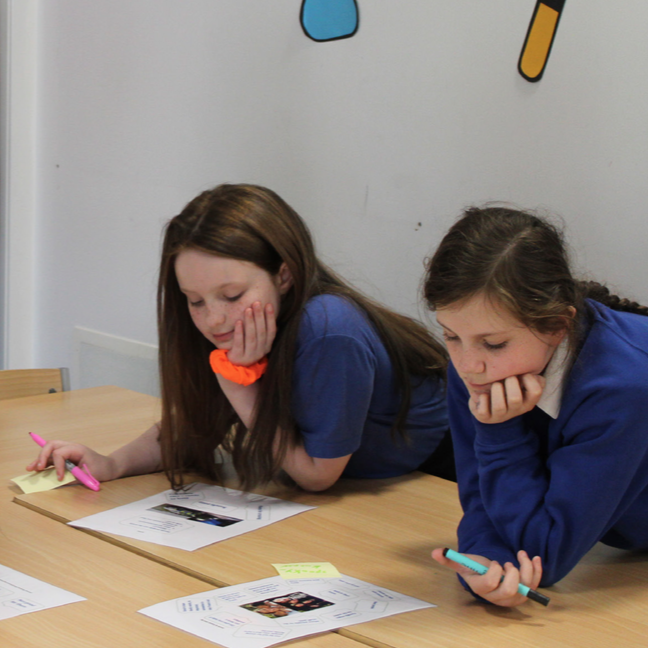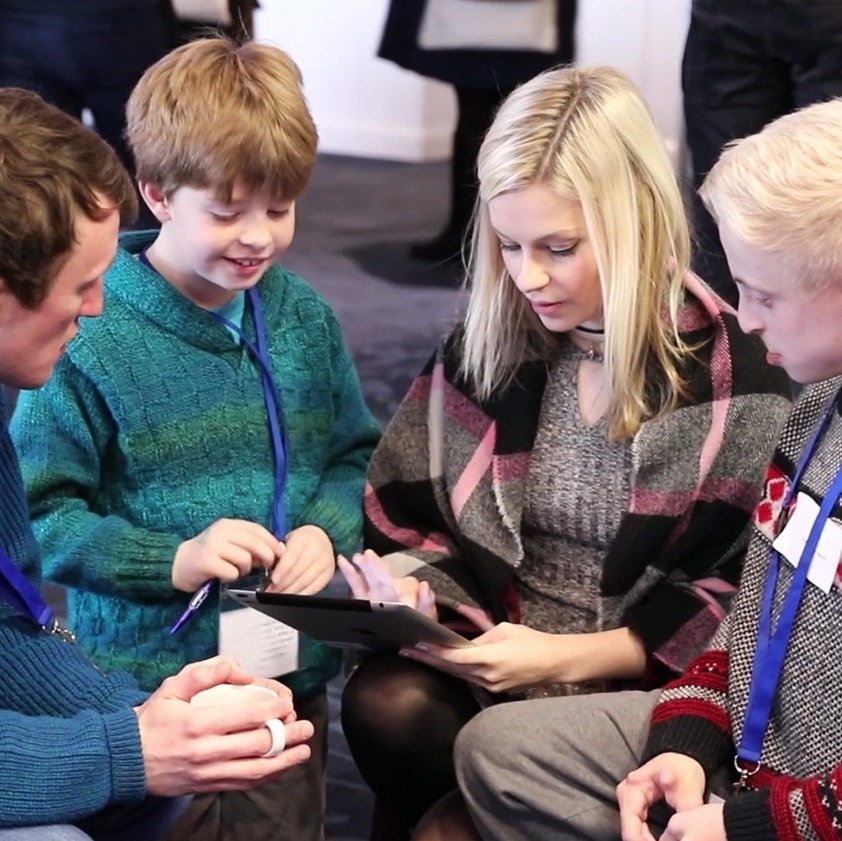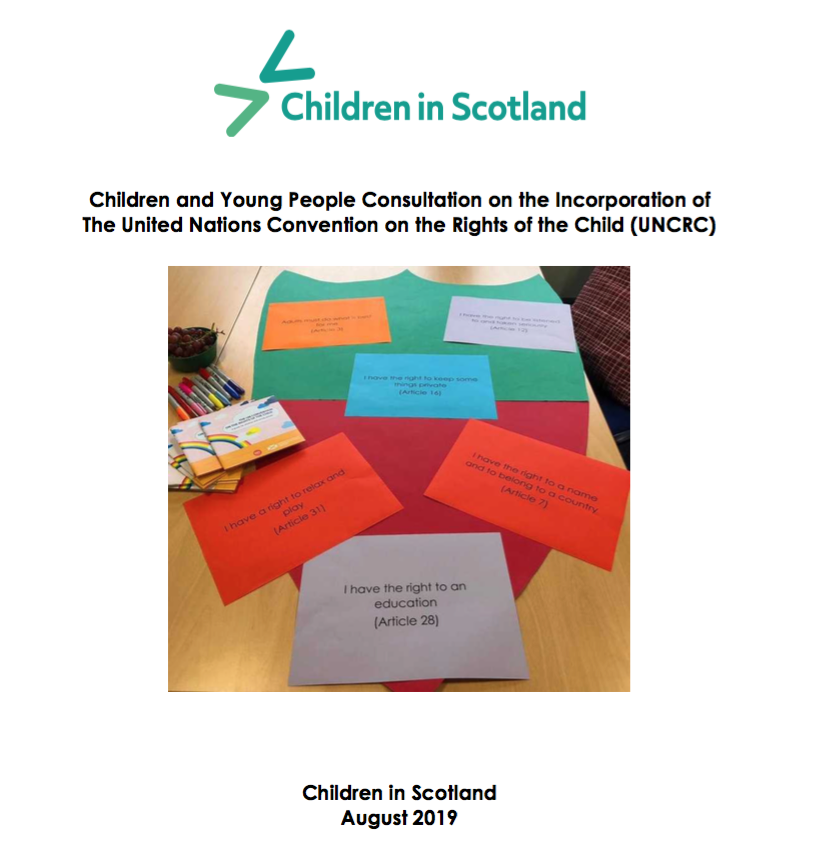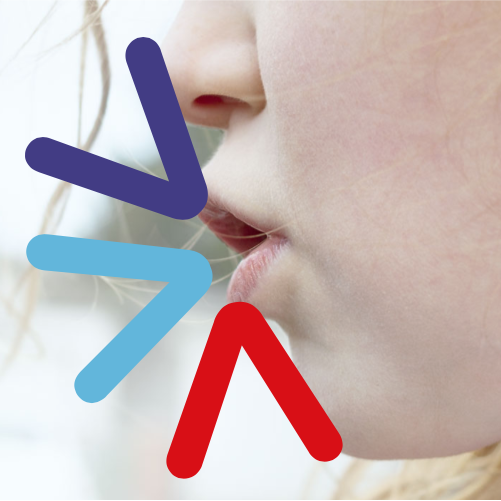Education Improvement: Data gathering must be accurate, considered and purposeful
26 Jul 2022
Children in Scotland has responded to the Scottish Government’s latest consultation on the Education National Improvement Framework (NIF) applauding its overall aim but warning data gathered must be accurate and appropriate in order to lead to tangible improvements.
In our consultation response, we welcome the Education National Improvement Framework and its ambition to widen recognition of achievement, close the poverty-related attainment gap and place the needs and rights of every young person at the centre of education.
Our rights-based response is informed by engagement with children and young people across advisory groups and projects in the past two years and the real concerns we have heard from them about education.
Our recently completed project 'Young People and Their Data', in partnership with the Scottish Centre for Administrative Data Research (SCADR), supported an acknowledgement of the importance of appropriate, accurate and transparent data in order to achieve the ambition of the Education NIF in providing benchmarks and measurable goals for the future.
Our response outlines key recommendations, including:
- a focus on improving the attainment of all children
- more engagement with services including Enquire, My Rights My Say and the national Inclusion Ambassadors to identify educational inequalities and defining what action can be taken to make tangible improvements
- end the use of non-contextualised data, which can lead to inaccurate conclusions, as particularly evident with regards to attendance and exclusion figures for children and young people with additional support needs
- use a holistic assessment tool for children in the early years, when gaps begin to become apparent, such as the internationally recognised Early Development Instrument (EDI) which focuses on more than just literacy and numeracy.
Whilst welcoming the willingness of the Scottish Government to extend recognition of achievement beyond academic qualifications, we are aware of the inequalities of opportunity to achieve outwith school depending on geography, socio-economic group or other factors. Progress on a ‘hobby premium’, as recommended in our Manifesto for 2021-26 (click here to read), may go some way to begin to address this.
Finally, we highlight the requirement to ensure children, young people and their families are made fully aware of how their data is collected, stored and used.
Elaine Kerridge, Policy Manager - Projects and Participation, said:
“We applaud the overall intentions of the Education National Improvement Framework but do have some concerns over the accuracy of the data currently gathered.
“Ultimately, we appreciate data gathering is an important tool in service improvement. It provides a starter marker, creates a benchmark for comparisons and provides a tangible and measurable end goal. It is important, therefore, that we get this right.
“Children in Scotland has been involved in a number of projects to contribute to the growing body of evidence around education reform. We hope these, as well as ongoing reviews into education in Scotland will contribute to a national conversation and meaningful, demonstrable improvement in this area.”
The National Improvement Framework and improvement plan was published in December 2021 and sets out the vision and priorities for Scottish education, as well as national improvement activity that is to be undertaken.
A consultation seeking views on improving the collection of data to assess progress towards closing the poverty-related attainment gap closed on 18 July.
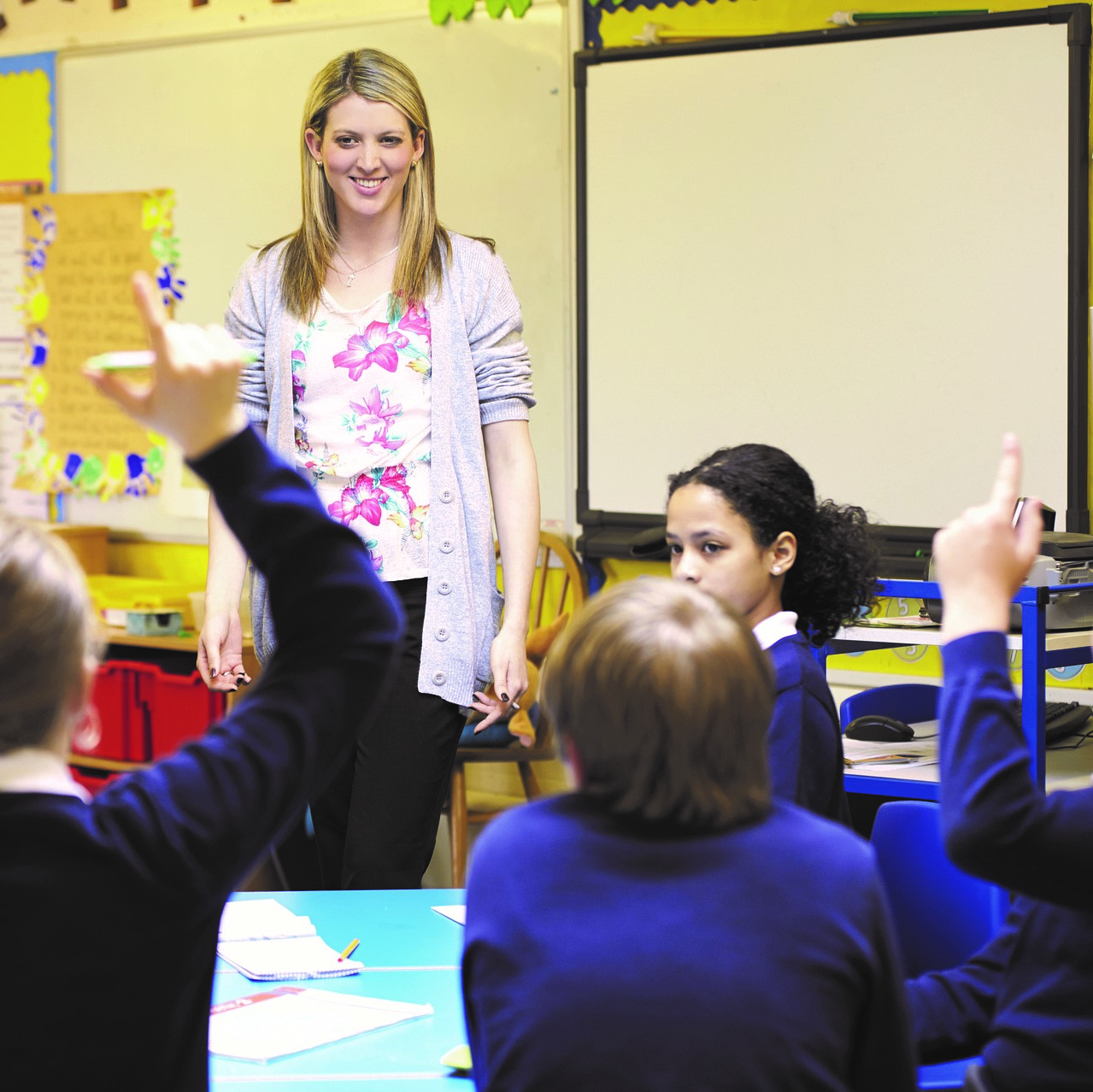
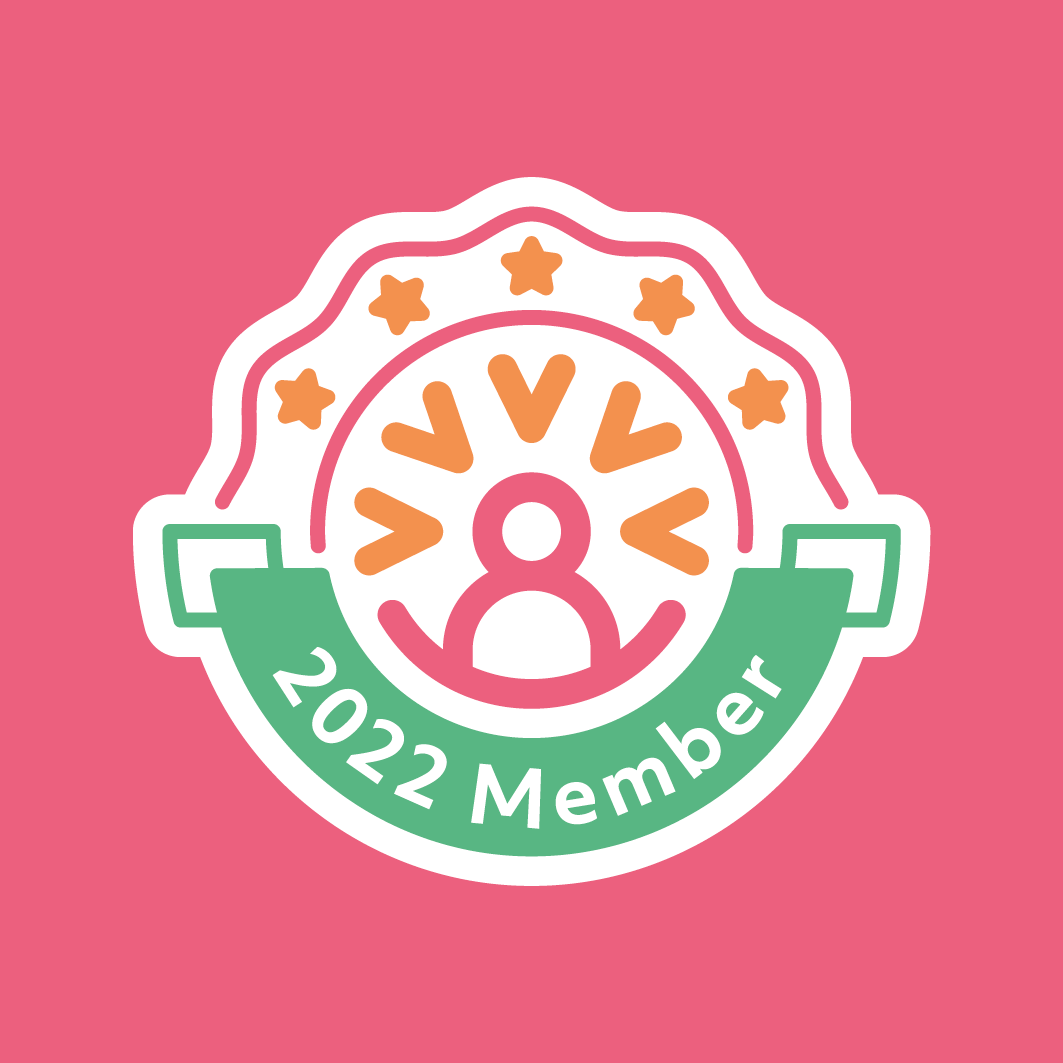

Manifesto 2021-26
Including calls on Tackling Inequality, Early Years and Learning
Click here to find out more
Our vision and values
Find out more about the vision and values that guide us
Click here to find out more

